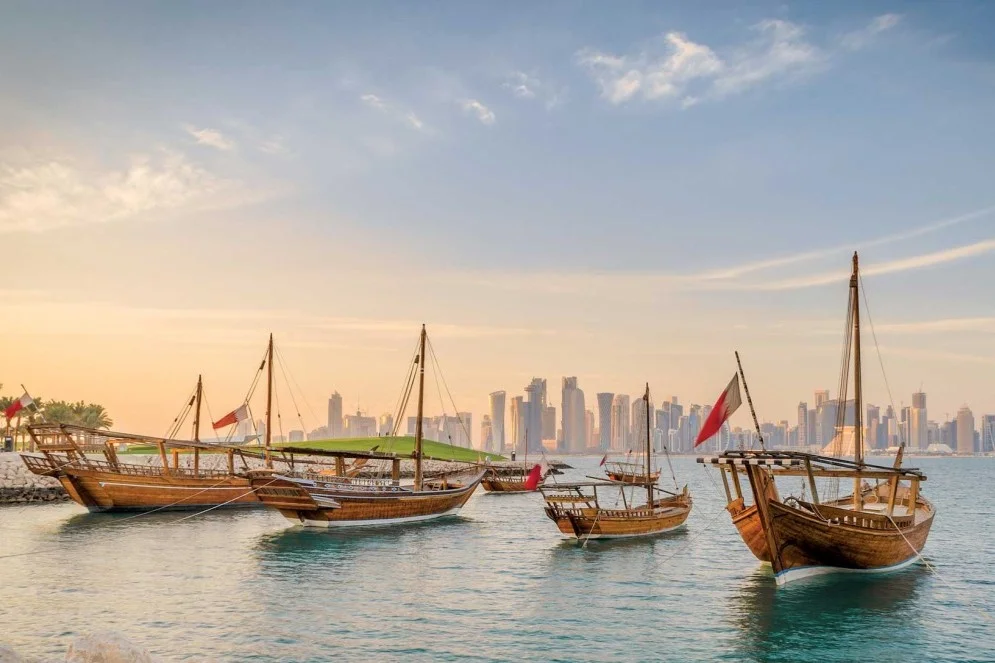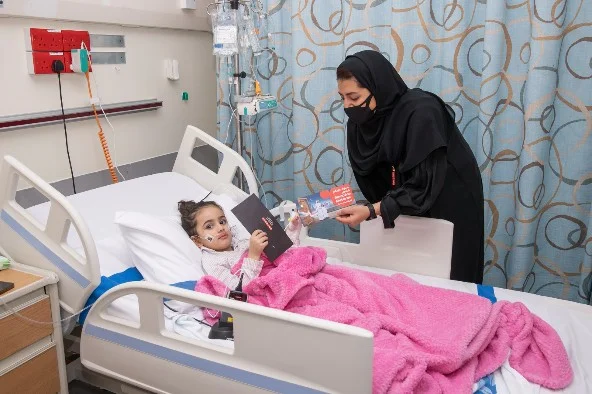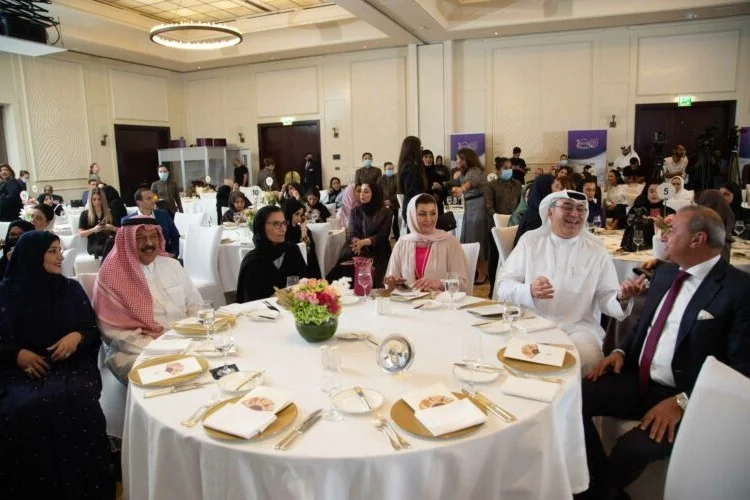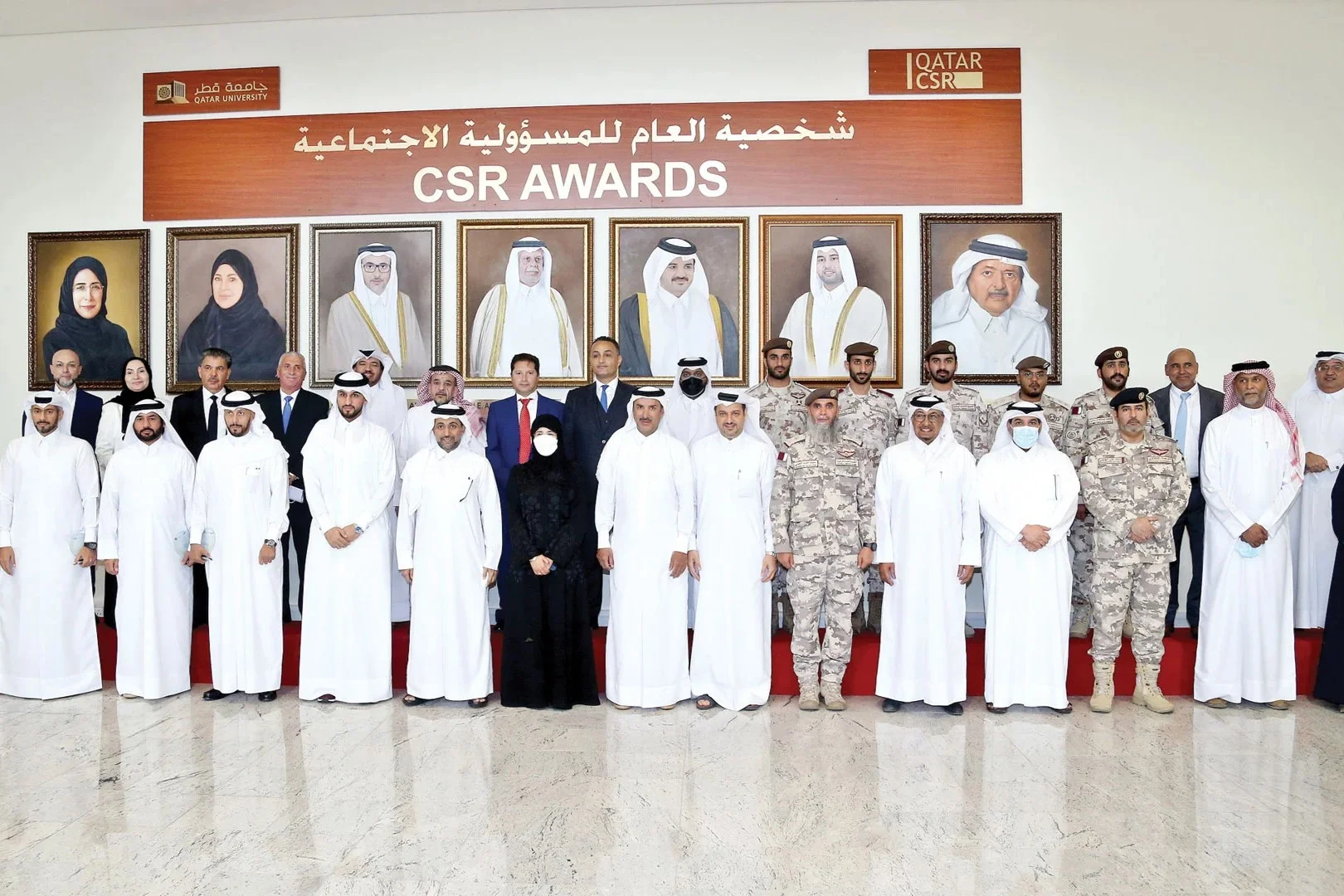Qatar University signs patent license agreement to export coral reef restoration technology to Brazil
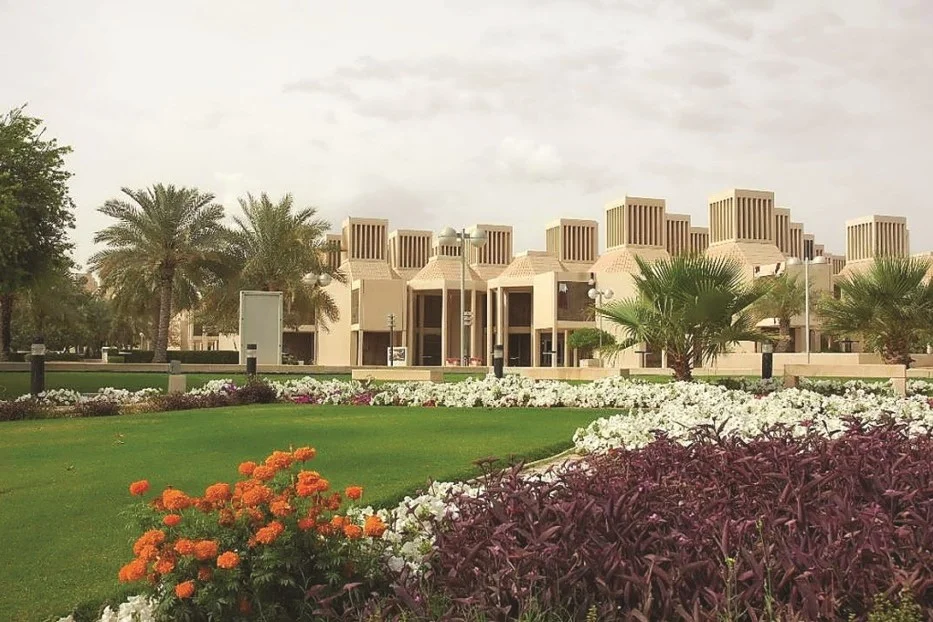
Qatar University on Wednesday signed a patent license agreement with Brazil’s The Blue Reef on a new technology developed at the University’s Environmental Science Center (ESC) to counteract damage to coral reefs and support their restoration and biodiversity.
The agreement, under which this technology will be exported to Brazil, was signed by Vice President for Research and Graduate Studies Professor Mariam Al Ali Al Maadeed, and The Blue Reef CEO Sidney Canto and representatives from the Brazilian embassy in Qatar.
Called artificial fungus forest, the reef restoration technique seeks to grows artificial coral reefs inland and then spread them in the sea, as one of the innovative methods that help restore damaged coral reefs.
Speaking to Qatar News Agency (QNA), Al Maadeed said that under the newly signed agreement, currently in the marketing phase, the new technology will be exported to Brazil to support the marine resources restoration.
She stressed that the marine life restoration tests demonstrated the remarkable effectiveness of this modern technology compared to other technologies available in the market, speculating that the new local Qatari product will prevail global markets very soon.
“The technology represents a solution to one of the environmental problems, it is a Made in Qatar, and a Made in Qatar University solution to the world,” she added.
She explained that the innovative technology represents one of the under the sea assets and will greatly support the reef restoration and biodiversity, stressing that this patented technology was designed, developed and validated within research facilities at Qatar University.
Al Maadeed said that the ESC has been at the forefront to design these technologies and verify their effectiveness, as the center’s team worked extensively to increase the level of technological readiness for a new technology related to the preservation and renewal of marine resources.
ESC Director Dr. Hamad Al Kuwari said that the center’s social responsibility as specialized in environmental research in the country is to work on applying one of the results of the research to restore marine resources in terms of capabilities and jobs.
This agreement allows marketing this innovation for the first time in Brazil through a license agreement in another manifestation of the ESC’s commitment to be part of the international effort to restore coral reef ecosystem and the UN Decade on Ecosystem Restoration, he said.
He added that this Qatari technology, to be used for marine resources restoration on the Brazilian coast to revive marine life on those beaches, is owned by Qatar University and registered in the name of Qatar University’s Research Assistant Prof. Bruno Giraldes.
He highlighted the center’s great strides over the past years to develop new technologies for coral reef ecosystem restoration in the Arabian Gulf as well as the technologies developed globally in cooperation with stakeholders in the country.
Canto said that Brazil has one of the largest highly productive coastal areas on earth and has the largest fresh water resources in the world.
He added that the new technology developed by Qatar University’s ESC was chosen by their consultants to support their services.
The Qatari technology, among others, will be used to create coral reef farms, tourist underwater parks, fishing recreational parks, thus increasing the activity of tourist boats in Brazil, he added, expressing pride in signing the license agreement with Qatar University.
